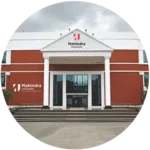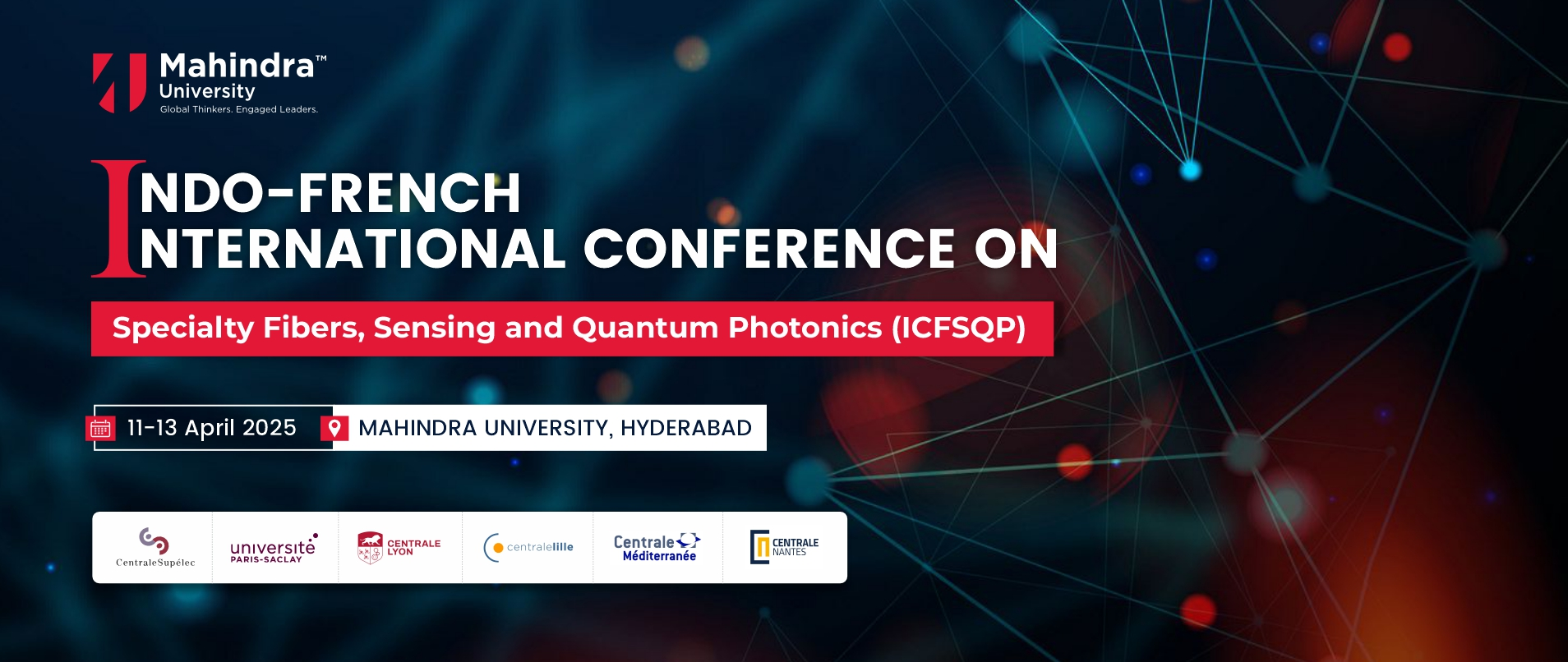
Indo-French International Conference on Specialty Fibers, Sensing and Quantum Photonics (ICFSQP)
4-page or longer articles accepted in the conference will be published in Springer. “The program schedule is now available.” 4-page or longer articles accepted in the conference will be published in Springer. “The program schedule is now available.”
ICFSQP 2025 will be an In-Person conference with eminent speakers in the broad area of optics and photonics for development of exotic specialty optical fibers, photonics-based guided wave circuits, sensing, and quantum technologies for effective engagements and providing a platform for collaboration and networking opportunities. We invite you to share your latest work in the domain with the peers and experts over a range of topics. This is the second in the series (biennial) being held at Mahindra University, Hyderabad, India. Present your research and explore opportunities joining the audience from across the globe in specialty optical fibers, photonic sensing, all photonic circuits, integrated optical components and devices, future telecommunication, and quantum photonics including quantum light sources and detectors. Let’s shape the future of specialty optical fibers, photonic sensing and quantum photonics with new ideas, and innovations in optics and photonics!
Topics
- Specialty Optical Fibers
- Photonic sensors
- All photonic circuits
- Guided wave optical components and devices
- Quantum light sources and detectors
- Advanced optical communication
- Quantum Photonics
- Any other related topics
Start Date for submission of abstract : 20th December 2024
Extended deadline for abstract submission: 16th March 2025
Acceptance notice : 20th March 2025
Committee
Patrons
- Dr Yajulu Medury, Vice Chancellor, Mahindra University,
- Prof. Gilles Fleury, General Delegate of Groupe des Écoles Centrale
Conference Chair
- Prof Bishnu P. Pal, Mahindra University
Convenors
- Somnath Ghosh and Kamna Pande, Mahindra University
| Prof. Prem Kumar Professor of Electrical and Computer Engineering Northwestern University, USA | Title of Talk: “Quantum internet: what is it, why do we need it, and how do we engineer it?” |  |
| Prof Ghatak, Visiting Professor Optics and Photonics Center IIT Delhi, India | Title of Talk: “Polarization of Light, Entanglement & Bell’s Inequality” | 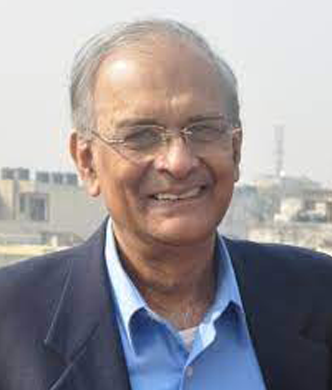 |
| Prof. Philip Russell Scientific Director RCALS, Shanghai, China | Title of Talk: Novel physics with twisted light in chiral photonic crystal fibres | 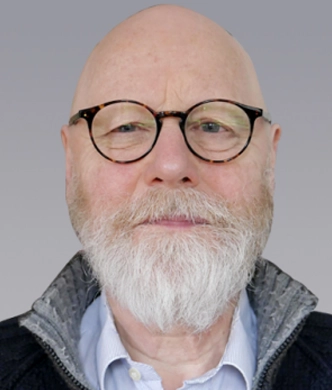 |
| Prof. Michalis Zervas, Deputy Director ORC, University of Southampton, UK | Title of Talk: “High power fibre lasers: current challenges and future prospects” | 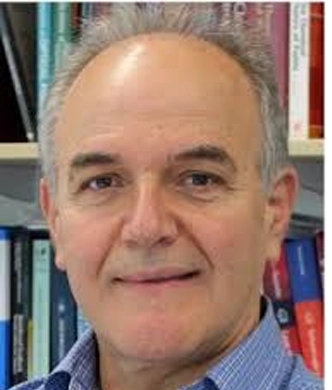 |
| Prof. Kenneth Grattan, City University, London | Title of Talk: “Optical fibre sensor systems: a solution for measurement problems for Industry 5.0” | 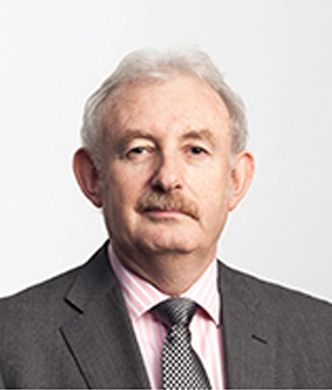 |
| Prof. Anderson S L Gomes, Federal University of Perambuco, Brazil | Title of Talk: “”Random Lasers and Random Fiber Lasers: Unlocking New Frontiers in Photonics, Biophotonics, and Quantum Applications” | 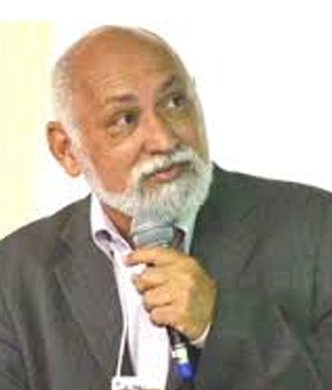 |
| Prof. Pankaj Kumar Choudhury, Zhejiang University, China | Title of Talk: “Multifunctional and Reconfigurable Metasurfaces – Overview and Applications” | 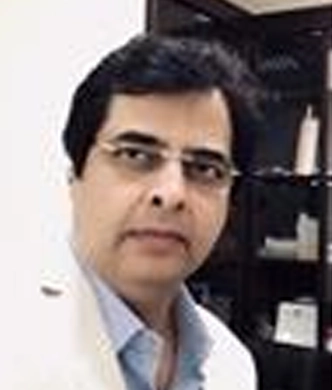 |
| Prof. Deepa Venkitesh, IIT Madras | Title of Talk: “Multicore fibers: Multitude of possibilities” | 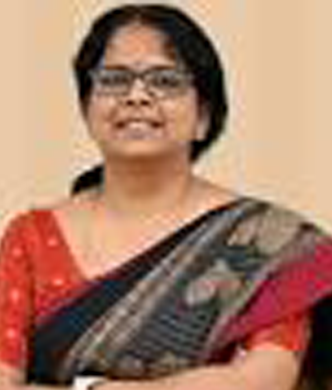 |
| Prof. Bijoy K. Das, IIT Madras | Title of Talk: “CMOS Technology for Chip-Scale Quantum Photonics: Prospects & Challenges” | 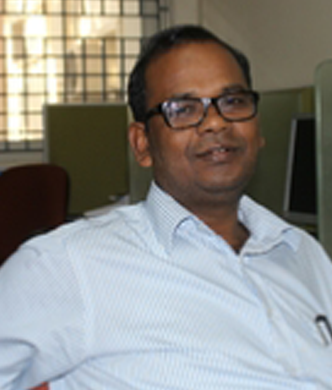 |
| Prof. Anirban Pathak, JIIT Noida | Title of Talk: Can photons be used to beat cyber crimes by hiding secrets? | 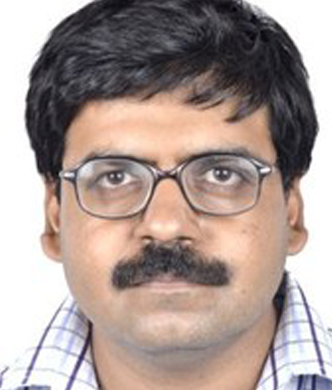 |
| Prof. Bhaskar Kanseri, IIT Delhi | Title of Talk: Entangled qubit sources for quantum communication and imaging | 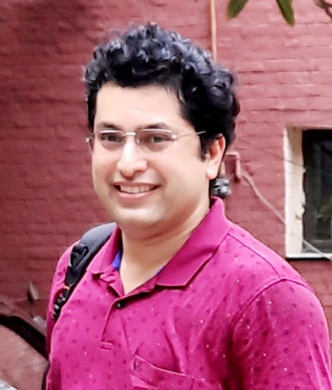 |
|
Prof. Venu Gopal Achanta, Director NPL Delhi, India
|
Title of Talk: Nanophotonics for metrology | 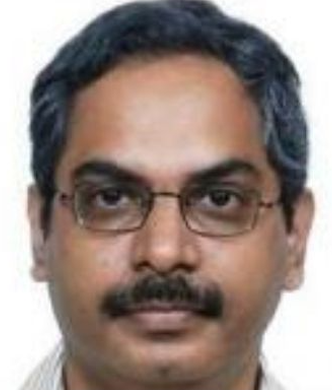 |
| Prof Sanket Goel, Dean (R&I) BITS Pilani, Hyderabad, India | Title of Talk: Cyber Physical System (CPS) Enabled Portable Optofluidic Sensors | 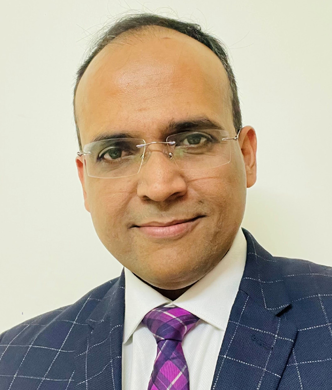 |
| Dr Jagannath Nayak, Outstanding Scientist and Director CHESS Hyderabad, India | Title of Talk: “Frontiers in High-Power Laser Technology: Innovations and Emerging Applications” | 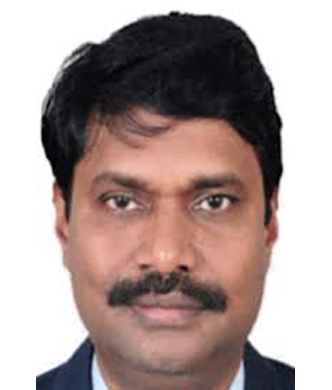 |
| Prof C S Narayanamurthy, Senior Professor, IIST India | Title of Talk: New non-adaptive optical methods for atmospheric turbulence impacted beam cleaning | 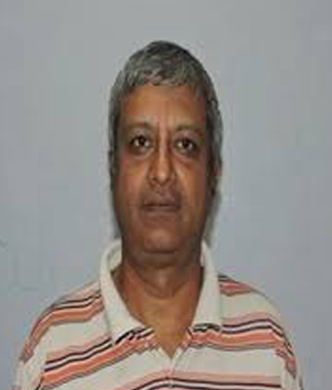 |
| Prof Sushil Mujumdar, Professor, TIFR Mumbai, India | Title of Talk: “Rapid wavefront correction of position-momentum entangled photon beams” | 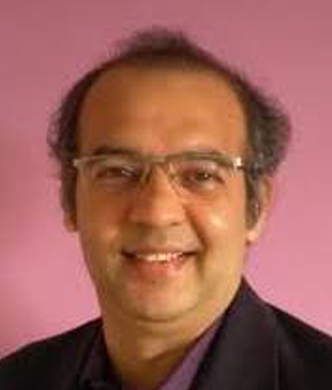 |
| Prof Anurag Sharma, Emeritus Professor, Optics and Photonics Center, IIT Delhi, India | Title of Talk: “Waveguide Modelling of Specialty Fibers” | 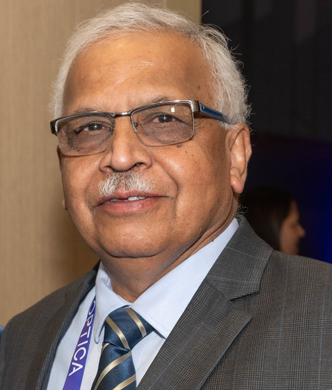 |
| Prof Arup Lal Chakraborty, IIT Gandhinagar, India | Title of Talk: “Effective monitoring of urban greenhouse gas emissions levels in India” | 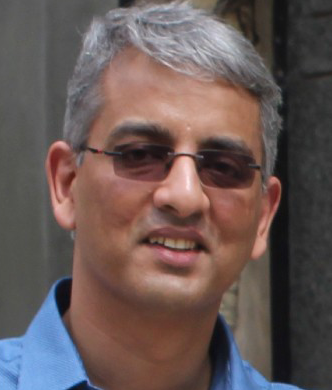 |
| Dr Mukul C. Paul, Chief Scientist and Professor-AcSIR, CGCRI Kolkata, India | Title of Talk: “Multi-elements doped nano-engineered silica glass based novel specialty optical fibers for Photonics Applications” | 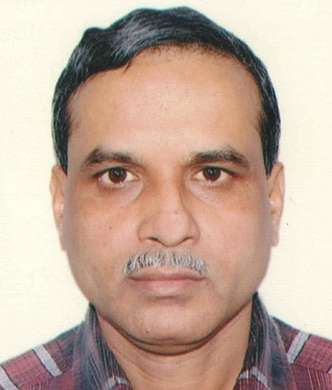 |
| Dr Arvind Mishra, Sterlite Technologies Limited, India | Title of Talk: Advances in Multi-core fiber connectivity solution for real-world Optical Networks | 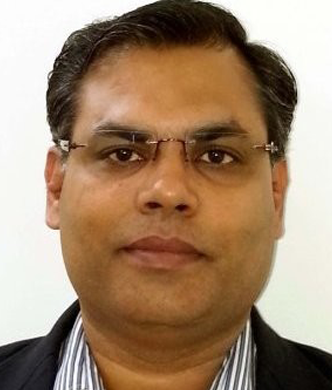 |
| Prof M Krishnamurthy, Professor and Centre Director, TIFR Hyderabad, India | Title of Talk: “Nonlinear plasma resonances drive electron acceleration” | 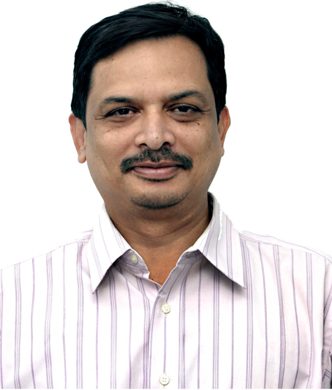 |
| Prof Sukhdev Roy, Professor & Head of the Department, Dayalbagh Educational Institute, Agra, India | Title of Talk: “Controlling the Brain and Heart with Light and Sound” | 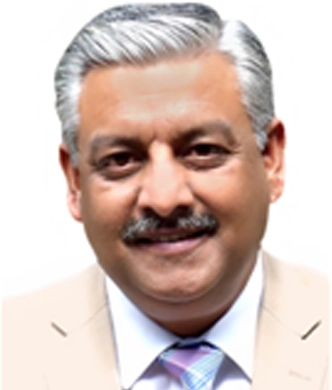 |
| Prof. Daniel Leykam, Singapore University of Technology and Design | Title of Talk: “Photonic Flatband Resonances in Multiple Light Scattering” | 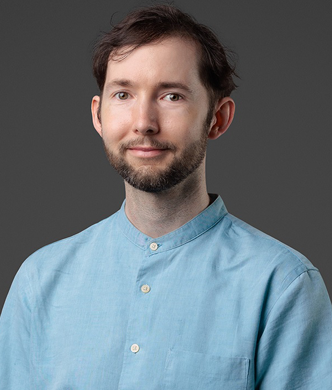 |
| Prof Nirmalya Ghosh, Professor, IISER Kolkata, India | Title of Talk: “Spin Orbit interaction of light in Nanophotonic systems” | 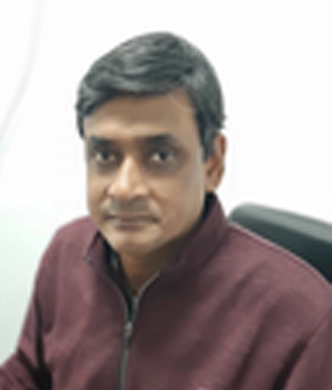 |
| Prof. Vipul Rastogi, Professor & Head of the Department Physics, Indian Institute of Technology Roorkee, India | Title of Talk: Passive and Active Optical Fibers for High-Capacity Optical Communication System | 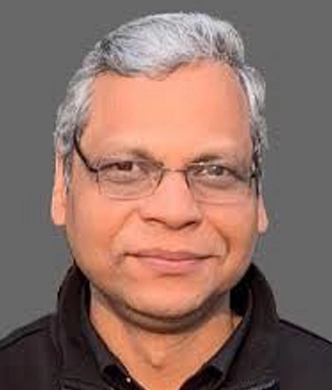 |
| Prof. Sudipta Maiti, Senior Professor, Department of Biological Sciences, BITS Pilani, Hyderabad | Title of Talk: TBA | 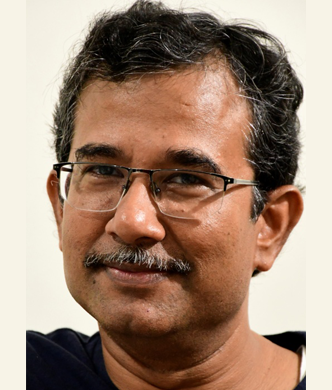 |
| Dr. Nithyanandan Kanagaraj, Assistant Professor, Indian Institute of Technology Hyderabad, India | Title of Talk: Ultrafast Fiber Lasers—An Avenue for Photonic Intelligence | 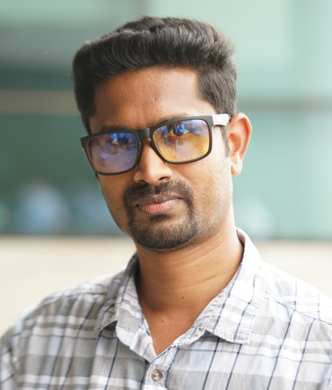 |
| Prof. Sebabrata Mukherjee, Assistant Professor, IISC Bangalore, India | Title of Talk: Femtosecond Laser-Written Topological Waveguide Lattices | 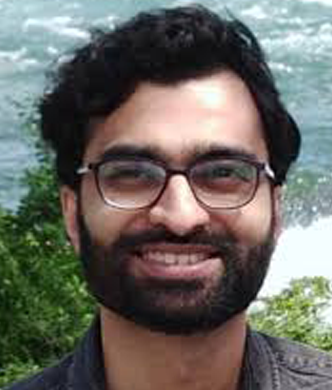 |
| Prof. Tapajyoti Das Gupta, IISC Bangalore, India | Title of Talk: Exploring capillary interaction for liquid metal based plasmonic nanostructures: large area processing and application in tunable displays | 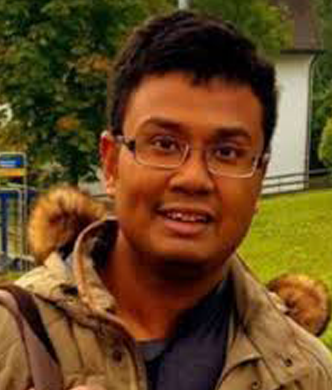 |
| Prof S. Dutta Gupta, Adjunct Professor, TIFR Hyderabad | Title of Talk: Vector beam through stratified medium | 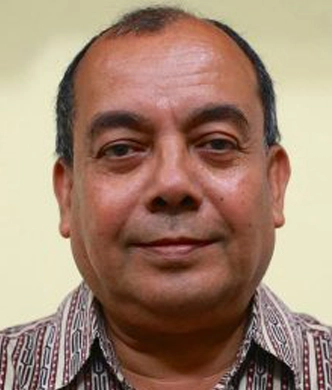 |
Guideline
50-word Abstract: Your abstract should be a summary of your claim reported in the paper.
2-page Paper: All contributed authors are required to submit a paper within the 2-page limit, and convert your paper (LATEX or Word format) to PDF to upload. All the paper submissions must contain the following items:
- title
- listing of all authors and their affiliations
- abstract, limited to 50 words
- Copyright statement: Copyright with authors
- Use of any already published images of people or images owned or trademarked by others will also require official written permission.
- Use standard fonts when possible (follow as given in the template)
- Use Single column format
- Proofread and make any copy editorial changes before submission. We will not accept any revisions after the submission deadline.
- Please review the topic of the conference, and select the area that is appropriate for your work.
- Mode of Presentation: Based on the feedback of the peer review, the committee will decide whether the paper will be presented as oral or poster.
- Emailed submissions will not be considered. Do NOT email, your paper!
- A complete submission must be submitted via the online submission system in adherence with the style guide and by the deadline.
- Use sections in the body
- Reference style, please see the template
Click here for Template
Click Here for Abstract Submission
Advisory Committee
- Prof. Arun Pujari, Mahindra University, Hyderabad
- Prof. Ajoy Ghatak, IIT Delhi
- Prof. Anurag Sharma, IIT Delhi
- Prof. M. Krishnamurthy, TIFR Hyderabad
- Dr. Jagannath Nayak, DRDO-CHESS Lab, Hyderabad
- Prof. C. S. Nararayanamurthy, IIST Thiruvananthapuram
- Prof. Kallol Bhattacharya, University of Calcutta
- Prof. Venu Gopal Achanta, TIFR Mumbai and NPL Delhi
Technical Program Committee
- Co-Chairs: Jayasri D, Mahindra University and Vandna Gokhroo, Mahindra University
- R. K. Varshney, IIT Delhi
- Partha Roy Chaudhury, IIT Kharagpur
- Prasanta K. Dutta, IIT Kharagpur
- Abhijit Biswas, University of Calcutta
- Umesh Tiwari, CSIR-CSIO, Chandigarh
- Anirban Dhar, CSIR-CGCRI, Kolkata
- Mukul C. Paul, CSIR-CGCRI, Kolkata
- Shivakiran Bhakta, IIT Kharagpur
- Kedar Khare, IIT Delhi
- N. Viswanathan, Hyderabad University
- Sebabrata Mukerjee, IISc Bangalore
- Nithyanandan Kanagaraj, IIT Hyderabad
- Vandana Sharma, IIT Hyderabad
- Renu John, IIT Hyderabad
- Souradyuti Ghosh, Mahindra University
Local Organizing Committee
- Co-Chairs: Murtaza Bohra, Mahindra University and Anil Annadi, Mahindra University
- Deepthi N. K., Mahindra University
- Mahipal Jetta, Mahindra University
- Aditya Abburi, Mahindra University
To register for the conference, click here
Indian Participants- Rs. 5,000/-
Indian Participants (Member of OSI/OPTICA/SPIE/IEEE): Rs. 4250/-
Student Participants from India: Rs. 3000/-
Student Participants from India (Member of OSI/OPTICA/SPIE/IEEE): Rs. 2550/-
Foreign Delegates: USD 100
Foreign Delegates (Member of OSI/OPTICA/SPIE/IEEE): USD 85
Foreign Student participants: USD 50
Foreign Student participants (Member of OSI/OPTICA/SPIE/IEEE): USD 42
-
All plenary and invited speakers: University Guest House
-
Other delegates/participants:On-campus accommodation based on availability
-
Hostel accommodation for student participants:Twin Sharing: Rs. 500 per night
Request for on-campus accommodation at Mahindra University Click here
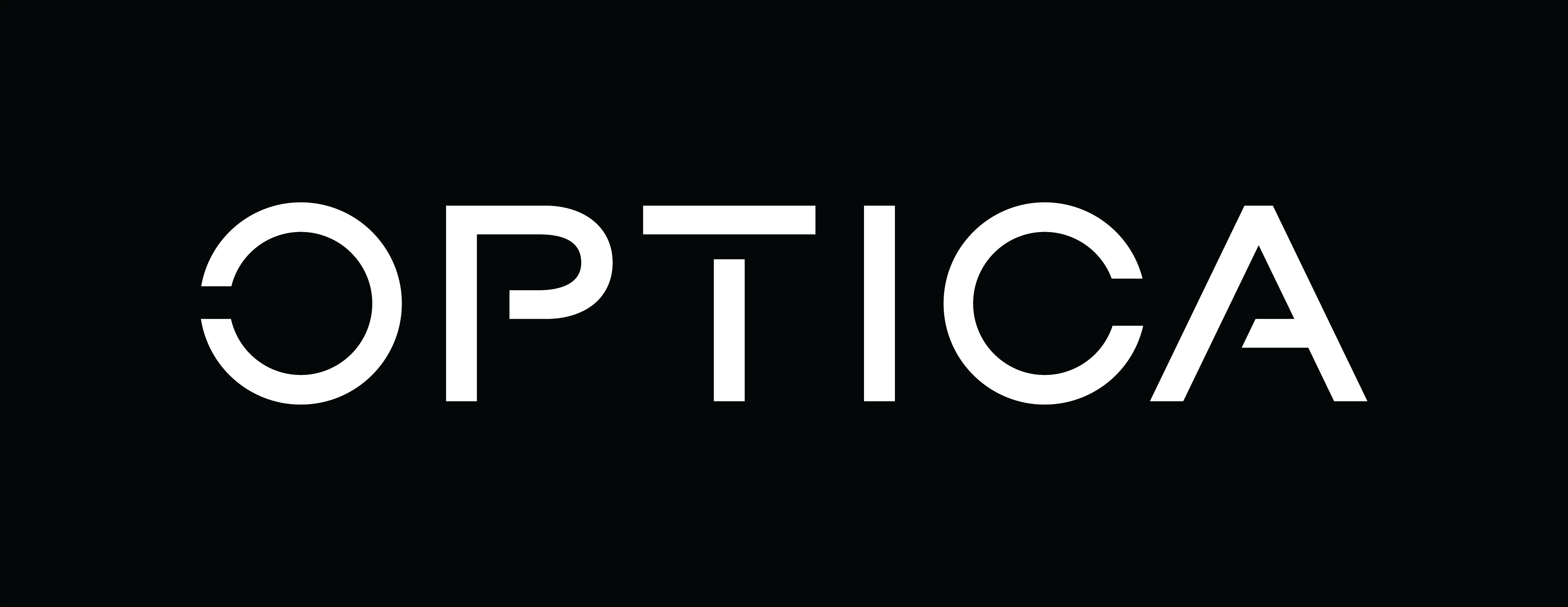

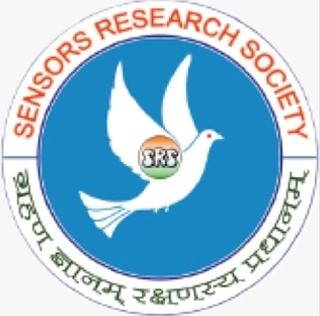
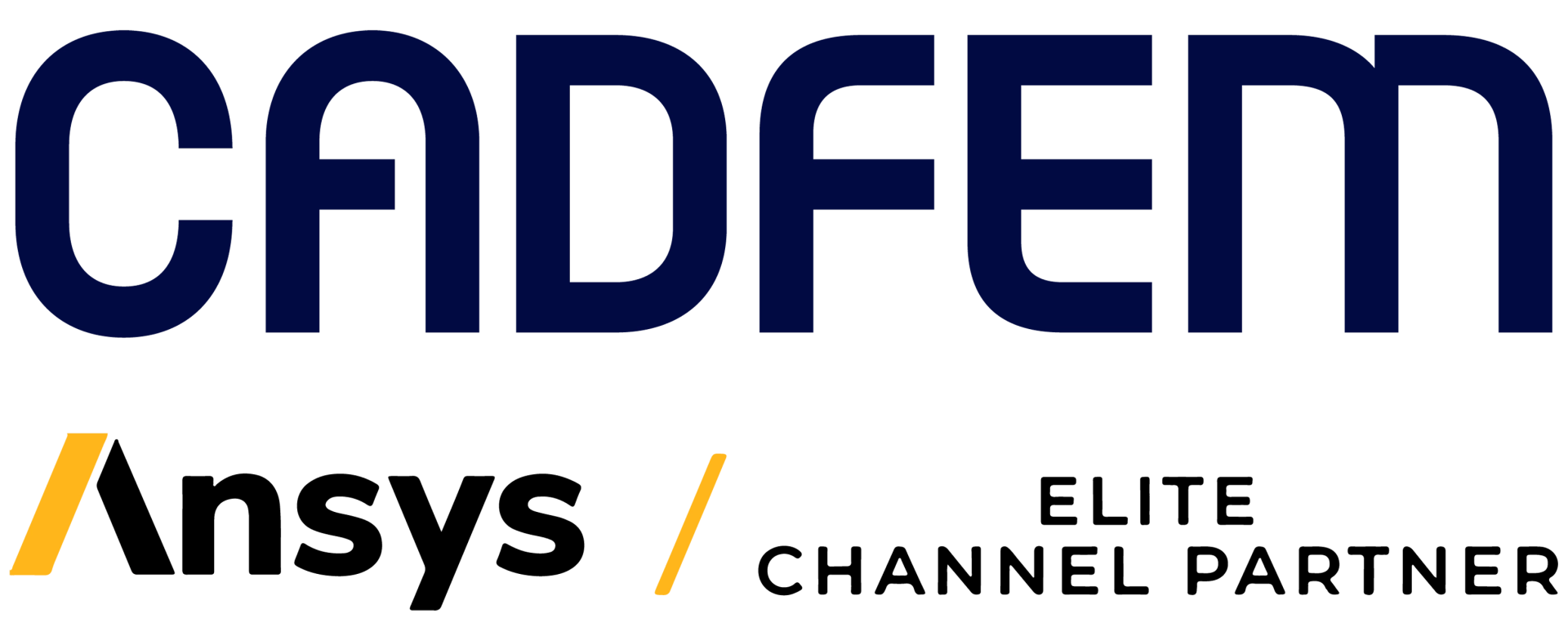
The Secretary, ICFSQP 2025 Email ID: ICFSQP2025@mahindrauniversity.edu.in
ICFSQP 2025 will be an In-Person conference with eminent speakers in the broad area of optics and photonics for development of exotic specialty optical fibers, photonics-based guided wave circuits, sensing, and quantum technologies for effective engagements and providing a platform for collaboration and networking opportunities. We invite you to share your latest work in the domain with the peers and experts over a range of topics. This is the second in the series (biennial) being held at Mahindra University, Hyderabad, India. Present your research and explore opportunities joining the audience from across the globe in specialty optical fibers, photonic sensing, all photonic circuits, integrated optical components and devices, future telecommunication, and quantum photonics including quantum light sources and detectors. Let’s shape the future of specialty optical fibers, photonic sensing and quantum photonics with new ideas, and innovations in optics and photonics!
Topics
- Specialty Optical Fibers
- Photonic sensors
- All photonic circuits
- Guided wave optical components and devices
- Quantum light sources and detectors
- Advanced optical communication
- Quantum Photonics
- Any other related topics
Start Date for submission of abstract : 20th December 2024
Deadline for abstract submission : 01st March 2025
Acceptance notice : 20th March 2025
Early bird Registration Deadline : 5th April 2025
Committee
Patrons
- Dr Yajulu Medury, Vice Chancellor, Mahindra University,
- Prof. Gilles Fleury, General Delegate of Groupe des Écoles Centrale
Conference Chair
- Prof Bishnu P. Pal, Mahindra University
Convenors
- Somnath Ghosh and Kamna Pande, Mahindra University
| Prof. Prem Kumar Professor of Electrical and Computer Engineering Northwestern University, USA |  |
| Prof. Philip Russell Scientific Director RCALS, Shanghai, China |  |
| Prof. Michalis Zervas, ORC, University of Southampton UK |  |
| Prof. Kenneth Grattan, City University, London |  |
| Prof. B.M.A. Rahman, City University, London | 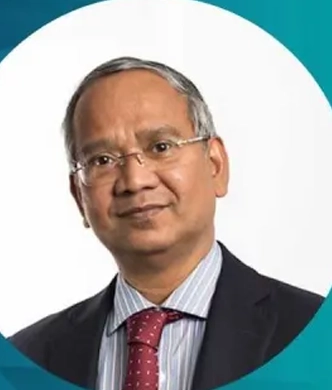 |
| Prof. Anderson S L Gomes, Federal University of Perambuco, Brazil |  |
| Prof. Shum Perry, Southern University of Science & Technology, Schengen, China, and also current President of IEEE Photonics Society | 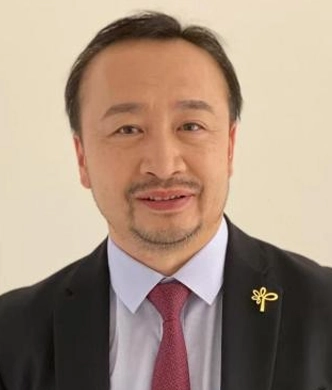 |
| Prof. Pankaj Kumar Choudhury, Zhejiang University, China |  |
Guideline
50-word Abstract: Your abstract should be a summary of your claim reported in the paper.
2-page Paper: All contributed authors are required to submit a paper within the 2-page limit, and convert your paper (LATEX or Word format) to PDF to upload. All the paper submissions must contain the following items:
- title
- listing of all authors and their affiliations
- abstract, limited to 50 words
- Copyright statement: Copyright with authors
- Use of any already published images of people or images owned or trademarked by others will also require official written permission.
- Use standard fonts when possible (follow as given in the template)
- Use Single column format
- Proofread and make any copy editorial changes before submission. We will not accept any revisions after the submission deadline.
- Please review the topic of the conference, and select the area that is appropriate for your work.
- Mode of Presentation: Based on the feedback of the peer review, the committee will decide whether the paper will be presented as oral or poster.
- Emailed submissions will not be considered. Do NOT email, your paper!
- A complete submission must be submitted via the online submission system in adherence with the style guide and by the deadline.
- Use sections in the body
- Reference style, please see the template
Click here for Template
Click Here for Abstract Submission
Advisory Committee
- Prof. Arun Pujari, Mahindra University, Hyderabad
- Prof. Ajoy Ghatak, IIT Delhi
- Prof. Anurag Sharma, IIT Delhi
- Prof. M. Krishnamurthy, TIFR Hyderabad
- Dr. Jagannath Nayak, DRDO-CHESS Lab, Hyderabad
- Prof. C. S. Nararayanamurthy, IIST Thiruvananthapuram
- Prof. Kallol Bhattacharya, University of Calcutta
- Prof. Venu Gopal Achanta, TIFR Mumbai and NPL Delhi
Technical Program Committee
- Co-Chairs: Jayasri D, Mahindra University and Vandna Gokhroo, Mahindra University
- R. K. Varshney, IIT Delhi
- Partha Roy Chaudhury, IIT Kharagpur
- Prasanta K. Dutta, IIT Kharagpur
- Abhijit Biswas, University of Calcutta
- Umesh Tiwari, CSIR-CSIO, Chandigarh
- Anirban Dhar, CSIR-CGCRI, Kolkata
- Mukul C. Paul, CSIR-CGCRI, Kolkata
- Shivakiran Bhakta, IIT Kharagpur
- Kedar Khare, IIT Delhi
- N. Viswanathan, Hyderabad University
- Sebabrata Mukerjee, IISc Bangalore
- Nithyanandan Kanagaraj, IIT Hyderabad
- Vandana Sharma, IIT Hyderabad
- Renu John, IIT Hyderabad
Local Organizing Committee
- Co-Chairs: Murtaza Bohra, Mahindra University and Anil Annadi, Mahindra University
- Deepthi N. K., Mahindra University
- Mahipal Jetta, Mahindra University
- Aditya Abburi, Mahindra University
Registration Fees
| 1. Indian Participants | Rs. 5,000.00 |
| 2. OSI/OPTICA/IEEE Members | Rs. 4,000.00 |
| 3. Student Participants | Rs. 3,000.00 |
| 4. Foreign Delegates | USD 100 |
| 5. Foreign Student participants | USD 50 |
Click here for Registration: hyperlink to be inserted with the following content
- Name
- Email ID
- Phone number
- Organization/University
- Job title/Position
- Department/Division
- Type of Registration
Payment:
- Name
- University/Organization
- Registration ID
- Pay now:
- Generate an invoice
TBA
The Secretary, ICFSQP 2025 Email ID: ICFSQP2025@mahindrauniversity.edu.in
About Conference
The Second International Conference on Cyber physical Systems, Power Electronics and Electric Vehicles- ICPEEV 2024 will be held at Mahindra University, Hyderabad, India, from Sep 26-28-2024. The objective of this conference is to provide a platform and opportunities for researchers, scientists, scholars and engineers to exchange their research experiences and share new ideas to promote their research progress in the field of IoT, Cyber Physical Systems, Power Electronics, Electric Vehicles and Vehicle Engineering with the discussion on practical issues, challenges encountered as well as solutions adopted.
The conference will consist of keynote lectures by invited experts and technical paper presentations by practitioners. We invite submission of papers from all areas of Power Electronics and Power Systems Engineering, Electric vehicles and Battery charging and Computational Intelligence, both emerging topics which form the theme of the conference as well as more established areas, presenting developments in algorithms as well as applications.
Modified and Improved Version of the Conference Paper
Authors can submit extended version of this conference papers to the “IEEE Journal of Emerging and Selected Topics in Industrial Electronics”. Manuscripts in conference category must cite the conference paper in the reference. Papers must be within the scope of IES and in emerging areas only as listed in the JESTIE website. Authors may submit modified and improved versions of the conference paper. Similarity-index should be below 50% considering all related publications including the “conference paper”. Maximum page length at the time of submission to be between 8 to 10 pages (including photo and bio of the authors if authors prefer to add the same).
All Accepted and Presented Papers will be submitted for inclusion into IEEE Xplore subject to meeting IExplore’s scope and quality requirements.
First International Conference ICPEEV 2023 proceedings in IEEE Xplore
Topics
Cyber Physical Systems (CPS)
- AI and Machine Learning for CPS including Safe Autonomy
- Safety and Resilience for CPS
- Architectures and Networking for CPS
- Software platforms and systems for CPS
- Human-machine interactions
- Sensing and monitoring
- Security, trust, and privacy in CPS
IoT
- Artificial Neural Networks, Fuzzy Systems and Hybrid Systems
- Computational Intelligence and Evolutionary Computation
- Data Communication, Computer Network and Security & Forensic
- Decision Support and Recommender Systems
- Data Mining, Knowledge Discovery, and Knowledge Management
- Image Processing and Pattern Recognition
- Information Technology and Computer Education
- Other topics related to ICT and its Applications
Power Electronics
- Analysis, control, and design of power converters, electrical machines and drives
- Emerging converter topologies, modeling, simulation, and control
- Design and applications of wide band gap power electronic devices (SiC, GaN)
- Motor drive technologies for industrial applications
- Power converters for EV chargers and power-train
- Battery management systems, emerging storage technologies and fuel cells
- Health monitoring, predictive maintenance of electrical machines, and power converters
- Power converters for renewable energy integration at distribution levels
- Grid-forming and grid-following controls
- Grid-connected energy storage systems and their control
- Demand-side management and ancillary services for large-scale integration of renewables
- EV charging technologies and their impact on grid operation
- Policy, grid code, and regulatory framework for renewable energy integration, and operation
Topics related to Electric Vehicles
- Battery technologies and Battery management system (BMS)
- Alternate technologies for Electric Vehicles such as hydrogen fuel cell
- Supercapacitors, ultracapacitors, electric double layer capacitors (EDLC)
- Energy harvesting (regeneration, kinetic energy recovery systems (KERS), regenerative braking, photovoltaics etc.)
- Light electric vehicles (LEV)
- MicroEVs, cars, buses etc.
- Pure electric vehicles
- Electric aircraft
- Military, police and security vehicles
- Autonomous vehicles for land, water and air
Renewable Energy Systems
- Renewable power generation and clean energy technologies
- Battery, hydrogen, and fuel cell storage system
- Power converters for renewable energy integration at transmission and distribution levels
- Grid-forming and grid-following controls
- Grid-connected energy storage systems and their control
- Demand-side management and ancillary services for large-scale integration of renewables
- Flexibility, inertial control
- Stability and power quality issues
- EV charging technologies and their impact on grid operation
- Policy, grid code, and regulatory framework for renewable energy integration, and operation
VLSI
- Embedded Systems Hardware: HW/SW co-design, SoC, multi-core systems, board level hardware, HW security, Internet-of-Things (IoT) devices, sensors/actuators, displays.
- Embedded Systems Software: Operating systems, firmware, algorithms, middleware, runtimes, parallelization, virtualization, software for low power, security, reliability, real-time support, emerging applications (e.g., automotive, telematics, analytics).
- FPGA and Reconfigurable Systems: FPGA architecture and FPGA circuit design, CAD for FPGA, FPGA prototyping, FPGA-based accelerators.
- Wireless Systems: Sensor networks, low-power wireless systems, wireless protocols, wireless power delivery.
- Embedded Case Studies: Practical and industrial tools, methodologies, designs in various application areas: wireless, medical, networking, multimedia, automotive, controls, etc.
Committee
International Steering Committee
- Yajulu Medury, Vice-Chancellor, Mahindra University, India
- Abdelkader Elkamel, Professor, The École Centrale de Lille
- Dr. Shankar Venugopal, Vice President, Mahindra Research Valley, Chennai
- Arya Kumar Bhattacharya, Dean Research, Mahindra University
- Prof. Bishnu Pal
Technical Program Committee Chairs
- Prof. Bhuvaneswari Gurumoorthy
- Prof. Ram Mohan Vemuri
Advisory Committee Members
- Prof. Jayantlal Bhattacharya, Mahindra University, Hyderabad
- Prof. Kalluri Ramalinga, Mahindra University, Hyderabad
- Prof. Sunil Bhoosan, Mahindra University, Hyderabad
Organizing Committee Members
- Dr. Bhargava Rajaram, Mahindra University, Hyderabad
- Dr. Gopinath GR, Mahindra University, Hyderabad
Publications Committee Chairs
- Dr. Subbarao Boddu, Mahindra University, Hyderabad
- Dr. Pooran Singh, Mahindra University, Hyderabad
Finance and Sponsorship Committee Chair
- Dr. Aditya Abburi, Mahindra University, Hyderabad
Publicity Committee Chairs
- Yaminidhar Reddy Bhavanam, Mahindra University
Tutorials Committee Chairs
- Dr. Sayantan Hazra, Mahindra University
Special Sessions Chair
- Dr. Ramakant, Mahindra University
Social Media Chair
- Dr. Akshara and Dr. Ankita, Mahindra University, Hyderabad
Conflict of Interest Chair
- Dr. Aditya Abburi, Mahindra University
Technical Committee Members
- Prof. B Subudhi, Dean R&D, IIT Goa
- Pabitra Mitra, IIT KGP
- Tandra Pal, NIT Durgapur
- J. Balasubramaniam, IIT Hyderabad
- Tingwen Huang, Texas A&M University at Qatar
- Jian Wang, China University of Petroleum
- Yew Soon Ong, Nanyang Technological University, Singapore
- Kaustuv Nag, IIIT Guwahati
- Sambit Bakshi, NIT Rourkela
- Nishchal K. Verma, IIT Kanpur
- Mukesh Prasad, University of Technology, Sydney
- Manoranjan Mohanty, University of Technology, Sydney
- OmPrakash Kaiwartya, Nottingham Trent University, UK
- Khaldoon Dhou, Texas A&M University – Central Texas, USA
- Aruna Tiwari, IIT Indore
- Jagdish Bansal, South Asian University, New Delhi
- Barsha Mitra, BITS Pilani, Hyderabad Campus
- K.V. Sambasivarao, NRI Institute of Technology, Andhra Pradesh
- Deepak K T, Indian Institute of Information Technology Dharwad
- Dipanjan Roy, Insitute for Development and Research in Banking Technology, Hyderabad
- Ashish Jain, Manipal University Jaipur
- Rudresh Dwivedi, Netaji Subhas University of Technology, Delhi
- Shikha Mehta, Jaypee Institute of Information Technology
- Krishna Asawa, Jaypee Institute of Information Technology
- Himanshu Mittal, Jaypee Institute of Information Technology
- Payal Khurana Batra, Jaypee Institute of Information Technology
- Navneet Pratap Singh, Bennett University
- Dilip Singh Sisodiya, NIT Raipur
- Himani Bansal, Jaypee Institute of Information Technology
- Nikhil Tripathi, Indian Institute of Information Technology Sricity
- Arun Chauhan, Graphics Era University
- Udit Satija, Indian Institute of Technology Patna
- Aruna Malapati, BITS Pilani, Hyderabad Campus
- Amit Saxena, Guru Ghasidas University
- Lokesh Singh, Manipal University Jaipur
- Prakash Chandra Sharma, Manipal University Jaipur
- V. Ravi, Institute for Development and Research in Banking Technology, Hyderabad
- Animesh Chaturvedi, Indian Institute of Information Technology Dharwad
- Mala Saraswat, ABES Engineering College
- Srishti Sharma, The Northcap University
- Vaishali Soni, SGTB Khalsa College, University of Delhi
- Deepak Sharma, Bennett University
- Sulabh Tyagi, Jaypee Institute of Information Technology
- Sanatan Sukhija, Mahindra University
- Om Prakash Patel, Mahindra University
- Yayati Gupta, Mahindra University
- Sunny Rai, Mahindra University
- Venkata Dilip Kumar, Mahindra University
- Dipti Mishra, Mahindra University
- Venkata Rajesh Kumar Tavva, Mahindra University
- Bharghava Rajaram, Mahindra University
- Sreedhar Madichetty, Mahindra University
- Jayasri D, Mahindra University
- Rama Murthy Garimella, Mahindra University
- Sowmini Devi, Mahindra University
- Bhanukiran Perabathini, Mahindra University
- Ankita Jain, Mahindra University
- Geeta Rani, Manipal University Jaipur
- Manpreet Kaur, Manav Rachna University
- Pinaki Chakraborty, Netaji Subhas University of Technology
- Ruchi Mittal, Ganga Institute of Technology & Management
- Manju, Jaypee Institute of Information Technology
- Rohit Beniwal, Delhi Technological University
- Vidhi Khanduja, The NorthCap University
- Ramalinga Swamy, NIT Warangal
- Devendra K Tayal, IGDTUW
- Amita Jain, Netaji Subhas University of Technology
- Esha Baidya Kayal, IIT Delhi
- Sushma Hans, Amity University, Dubai
- Shikha Gupta, Maharaja Agrasen Institute of Technology
- Ruchi Sharma, The Neotia University
- Rahul Chandra, Delhi Technological University
- Minni Jain, Delhi Technological University
- Prof. Ramakrishnan Maheshwari, Southern University of Denmark
- Dr. Shobhit Kukreti, Staff Engineer at Apple, USA
Contact Details
Conference Chair
Prof. Sreedhar Madichetty,
Department of Electronics and Computer Engineering, Ecole Centrale School of Engineering
Email: sreedhar.madichetty@mahindrauniversity.edu.in
Phone: +91-9703845823
Student Volunteer
Mr. Mohan Krishna Banda
Department of Electrical and Computer Engineering
Email: mohan20peee006@mahindrauniversity.edu.in
Phone: +91-95819 31441
Call for Papers
| Paper Submission Deadline | 31st July 2024 (Hard Deadline) |
| Decision Notification | 31st August 2024 |
| Final Paper Submission | 5th Sep 2024 |
| Early Bird Registration | 5th Sep 2024 |
Paper submission link Click here
Paper Submission Templates Click here
Steps for paper submission Click here
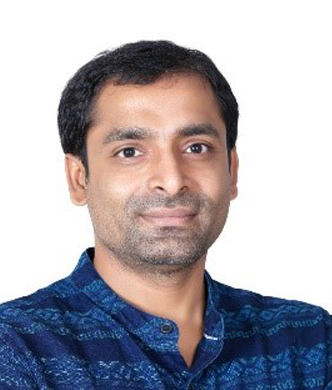 Mr. Ramana Reddy A V
Mr. Ramana Reddy A V
Senior Engineer, MathWorks
Date and time: 26th September 2024 – 11:15 AM to 1:00 PM
Venue: Centre for executive education TAGORE HALL
Brief biography of the speakerRamana Reddy A V is a Senior Engineer within the Education Team at MathWorks Hyderabad, where he collaborates closely with academic institutions across India. Ramana holds a bachelor’s
degree in electrical and electronics engineering, complemented by a master’s degree in Power Electronics from JNTU Hyderabad. His professional trajectory prior to MathWorks includes significant tenure in both academia and industry. At
KPIT Pune, he excelled as a Senior Software Engineer, responsible for control design for automotive engine systems. Subsequently, at CYIENT Limited, he assumed the role of Senior Software Engineer, where he was instrumental in the
development, verification, and validation of aircraft engine control systems. Ramana is ardently dedicated to education, possessing a deep-rooted passion for teaching and continuous learning. His expertise encompasses Power Electronics,
Control Design, Model-Based Design, and Code Generation.
Title: Model-Based Design for Automotive Systems
Abstract: This talk explores the application of Model-Based Design (MBD) in the development of automotive systems using MATLAB and Simulink. MBD is a powerful approach that allows engineers to create, simulate, and test complex control systems in a virtual environment before physical implementation. This method enhances efficiency, accuracy, and collaboration in the design process. Key topics include the benefits of MBD, an overview of MATLAB and Simulink tools, and case studies demonstrating successful automotive applications. The presentation aims to provide insights into how MBD can streamline automotive system development, reduce errors, and accelerate time-to-market.
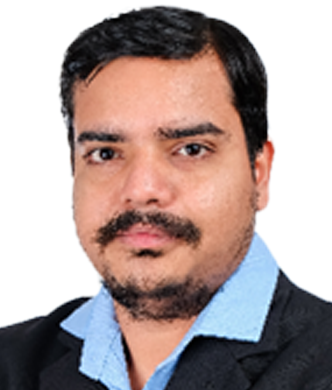
Mr. Sai Teja Cherla
Field Application Engineer, OPAL-RT Technologies India
Date and time: 26th September 2024 – 2:00 PM to 3:30 PM
Venue: Centre for executive education TAGORE HALL
Brief biography of the speaker
Sai Teja Cherla holds a Master of Technology in Power Electronics & Drives from Gayatri Vidya Parishad College of Engineering, Visakhapatnam, and a Bachelor of Technology in Electrical and Electronics Engineering from Aditya College of Engineering.
He joined OPAL-RT Technologies India in May 2021 as a Field Application Engineer (FAE). Since then, Sai Teja has been actively working with a diverse range of clients, including postgraduate and research scholars from renowned institutions like IITs and NITs, as well as various other educational institutions across India. Additionally, he collaborates closely with industry leaders such as Caterpillar, Honeywell, and DRDO Laboratories, offering expertise and support for the final validation of their projects on Real-Time Simulators. His technical expertise and hands-on experience make him a vital asset in the realm of real-time simulation for both academic and industrial applications.
Title: An overview on EVSE Charging and Smart Grid Security
Abstract: This presentation focuses on the EV architecture in terms of electrical, communication, and network layers. Emphasis will be given to different EVSE charging and the EV ecosystem, including its vulnerability to cyber-attacks that put it and the power grid at risk. The presentation will also cover the OPAL-RT-based test bed for security-oriented real-time co-simulation for the EV ecosystem and the power grid.
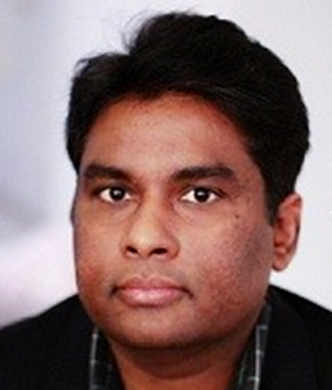
Prof. Srinivas Katkoori
Ph.D. Professor, Computer Science & Engineering,
University of South Florida, Tampa, FL
Date and time: 27th September 2024 – 9:30 AM to 11:30 AM
Venue: Centre for executive education TAGORE HALL
Brief biography of the speaker
Dr. Srinivas Katkoori is a Professor of Computer Science and Engineering at the University of South Florida (USF), Tampa, FL. His research group is actively conducting research in low power digital VLSI design, reliable system design, hardware security, Internet-of-Things (IoT), smart embedded systems, smart transportation, smart healthcare, etc. Dr. Katkoori has directed 19 doctoral dissertations and 44 master’s theses in the general discipline of Embedded Systems Design and Optimization. To date, he has published 155 peer-reviewed journal and conference papers, 5 book chapters, and 1 edited book. Seven papers he has co-authored were nominated for best paper awards at 2003 ASPDAC, 2014 VLSISOC, 2019 Asian HOST, 2020 IEEE iSES, 2021 IFIP IoT, 2022 IFIP IoT, 2022 IEEE iSES intl. conferences of which three (3) are recognized with best paper awards. Dr. Katkoori served as the General Chair/Program Chair of several international conferences. Dr. Katkoori is Associate Editor of four journals: IEEE Embedded System Letters, IEEE Transactions on Consumer Electronics, Springer Nature Computer Science IoT Section. Since 2023, he has been serving as the chair of IFIP Cross Domain Committee on IoT. Dr. Katkoori received his Ph.D. degree from the University of Cincinnati in 1998. He is a Senior member of ACM and IEEE. As of Jun 2024, per Google Scholar, his research publications had 3196 citations, with a h-index of 25, and i10-index of 59.
Title: Algorithms for Connected and Autonomous Vehicles
Abstract: Connected Vehicles (CVs) make transportation safe by communicating with vehicles and the infrastructure in their neighborhood. CVs are embedded with onboard units (OBUs) which transmit basic safety messages (BSMs) containing the location, heading, and velocity information of the vehicle using either Dedicated Short-Range Communications (DSRC) or Cellular Vehicle-to-Everything (C-V2X) technology. Many existing approaches employ computer vision techniques which are costly in processing power and suffer from several drawbacks arising from poor visibility. We will present a novel approach that overcomes these limitations by leveraging only BSMs and no cameras. It can handle multiple lane scenarios as well which requires accurate determination of the relative position of CVs. The host vehicle implements the logic that computes the relative angle with the remote vehicle based on which hazardous conditions are detected and warned. Also, the same technique is employed for platooning where a vehicle that is interested in platooning can broadcast a DSRC message and interesting vehicles can establish communication to negotiate their route. Then, in a series of transactions over the DSRC channel, they can agree upon the leader position as well as the follower position(s). Once the negotiations are complete, a comprehensive platooning algorithm consisting of a platoon joiner and maintainer helps to form a platoon. CARLA, an open-source urban autonomous vehicle (AV) driving simulator framework is extended to support CV and CAV features. CARLA-Connect enables the continuous testing and development of CV and CAV algorithms to visually demonstrate their effectiveness in real-time simulation. Using CARLA-Connect, six V2V algorithms, three V2I algorithms, and two CAV algorithms are developed and validated.
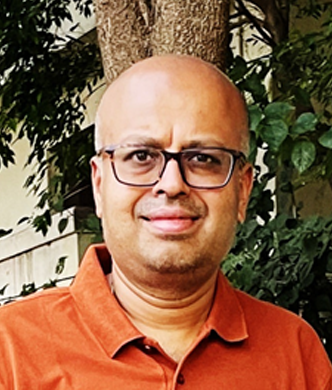
Srikrishna.N.H
Principal Engineer at Tektronix
Date and time: 27th September 2024 – 2:30 PM to 4:00 PM
Venue: Centre for executive education TAGORE HALL
Brief biography of the speaker
Srikrishna.N.H is a Principal Engineer at Tektronix, specializing in power portfolio solutions and related technologies. He is passionate about understanding and solving customer challenges with a focus on power applications like Power converter designs, Power and Signal Integrity, Wide Bandgap devices and Inverter motor drives and Wide bandgap applications. He has been associated with T&M industry for 24 years and has wide expertise in Power domain and hold several patents granted for his innovative work. He is also a member of JEDEC JC-70 work groups. He has a bachelor’s degree in Telecommunication engineering from Bangalore University and a master’s degree in Telecommunication and SW engineering from the Illinois institute of Technology, Chicago.
Title: Integrating Power Electronics, CPS, EV, and Quantum : T&M Evolution
Abstract: The talk covers Power trends and understand how Power Electronics, Cyber-Physical Systems (CPS),Machine Learning with Artificial Intelligence and Quantum technologies represents a significant evolution and need for Test and Measurement (T&M) methodologies. This convergence aims to enhance the efficiency, reliability, and performance of modern power systems. It not only addresses current challenges in power applications but also opens the door to innovative solutions in energy management, Power and Signal integrity, and system optimization. We will examine the characteristics of Wide Bandgap devices (WBG), EV motors and drives, EVSE standards and the importance of CPS and Quantum computing technologies.
Registration Details:
| Sl.No | Type of Registration (Attendee ⇒ No paper in Conference) | Registration Fee | Early Bird Registration Fee (30th August 2024) | Foreign Delegates Registration Fee |
|---|---|---|---|---|
| 1 | IEEE Member | ₹10,000 | ₹8,000 | $120 |
| 2 | Non-IEEE Member | ₹12,000 | ₹10,000 | $150 |
| 3 | Student IEEE Member | ₹7,000 | ₹5,000 | $75 |
| 4 | Student Non-IEEE Member | ₹9,000 | ₹7,000 | $100 |
| 5 | Attendee with tutorials. | ₹5,000 | ₹3,000 | $50 |
| 6 | IES member | ₹9,000 | ₹7,000 | $100 |
Register Here :
Click Here : ICPEEV – 2024
For international payment, please contact @ +91 8500 721 993
How to Reach Mahindra University
Location of Mahindra University: https://goo.gl/maps/5dcyCPJ2JNT2
Airport to Mahindra University: https://goo.gl/maps/9Ur8LsBNzcP2
Secunderabad to Mahindra University: https://goo.gl/maps/HwRgbVt4M9A2
From Rajiv Gandhi International Airport, Hyderabad
- Hire Meru/Sky Cabs and travel to Mahindra University via the Outer Ring Road.
- The distance is around 75km and the cost will be around INR 1700.
- The cab drivers will recognize Mahindra University location as Tech Mahindra Technology Park in Bahadurpally (near Gandimaisamma)
From Secunderabad/Kachiguda/Nampally Railway Stations
- Hire Ola/Uber Cabs from any of these railway stations to Mahindra University
From Jubilee Bus Stop
- From Secunderabad (JBS) to Mahindra University: Take Bus no 227, 272, or 230 and exit at Bahadurpally cross roads.
- Take an auto the Tech Mahindra Technology Park.
From Nampally/MGBS Stop
- Take Bus no 9K and exit at Bahadurpally cross roads.
- Take an auto the Tech Mahindra Technology Park.
From Kachiguda Stop
- Take Bus No. 49K to Secunderabad (JBS).
- Take Bus no. 227, 272, or 230 and exit at Bahadurpally cross roads.
- Take an auto the Tech Mahindra Technology Park.
FAQ for Authors
1. How to do registration
Ans: You can do registration by using Gpay link/ Direct Money from our website
2. How will get the receipt?
Ans: Receipt of Payumoney is valid for us, you will get original conference receipt at venue.
3. I completed registration, what is the next step?
Ans: After registration you have to complete the process of submission of camera ready paper and copyright form online.
4. When will get the link of camera ready paper and copyright submission link
Ans: Please refer important dates
5. What is meaning of Full Paper registration?
Ans: Full paper registration is mandatory for presenting the paper.
6. What is co author?
Ans: Once full author registration completed then only co author registration is applicable , it is for the any author who wish to present paper or even attend the conference
7. How many certificates will be issue in maximum?
Ans: Three, You will have to pay extra for extra certificate.
8. When will get the invitation letter for Visa
Ans: We will issue the Visa letter after completing the registration.
9. Can you provide Accommodation?
Ans: We have a separate dedicated team for accommodation; Guest House/ Hostel accommodation will be provided for interested authors on extra payment basis.
10. When will get the certificate?
Ans: During your presentation session you will get it.
11. How many pages are allowed?
Ans: Maximum number of pages allowed is 6.
12. What is the Registration fee?
Ans: Registration fee for attendees is 50 % of full registration.
